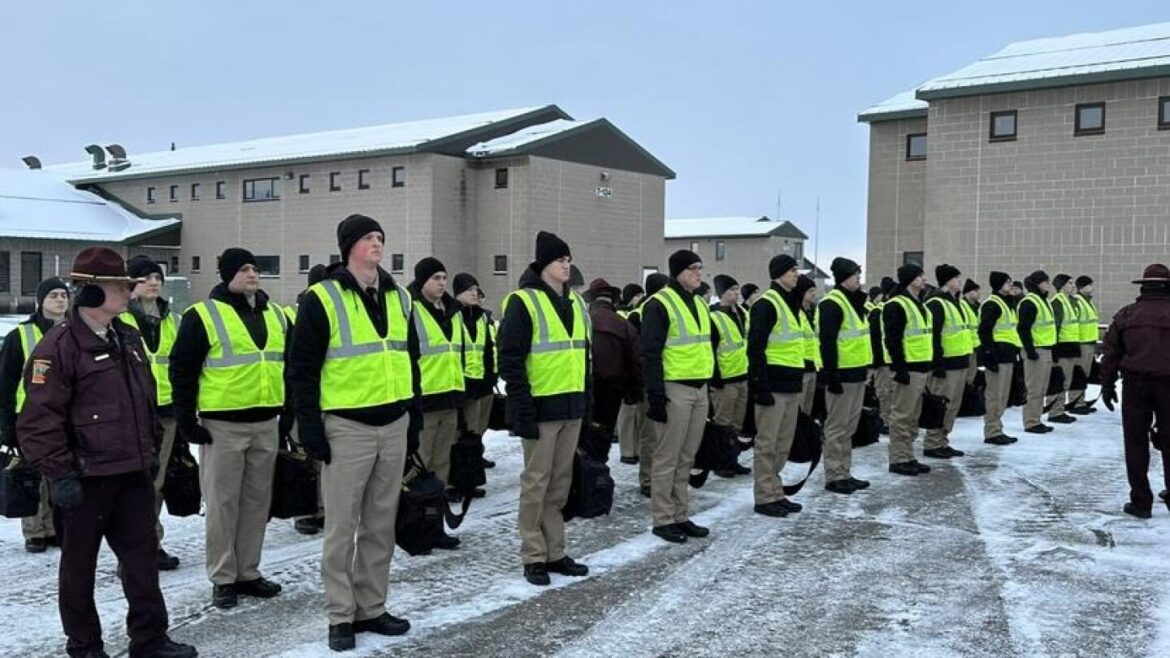LETO Program: Bridging Careers to Law Enforcement in Minnesota
As the Minnesota State Patrol seeks to replenish its workforce, the Law Enforcement Training Opportunity (LETO) program is paving the way for individuals from diverse professional backgrounds to join its ranks. This initiative is particularly vital as the agency anticipates over 100 retirements in the coming four years.
Transforming Careers: From Law School to Patrol
Take, for instance, Vince Wren, a 26-year-old from Eagan who initially pursued a career as a prosecuting attorney. After an internship revealed a less-than-exciting daily routine filled with research and writing, Wren sought a more dynamic career path. His solution came in the form of the State Patrol, where his first shift involved a thrilling pursuit that underscored the excitement he craved.
LETO: A Unique Path to Becoming a Trooper
Wren’s transition exemplifies the LETO program, designed for individuals who possess college degrees but lack formal law enforcement training. Participants engage in an immersive experience that equips them with the required skills to pass the Minnesota Peace Officer Standards and Training (POST) exam, essential for becoming a licensed peace officer. The program not only offers hands-on training but also compensates participants at 80% of a trooper’s base salary.
Growing Participation and Diverse Backgrounds
Applications for the next LETO session, which starts in August, are being accepted through March 30. Over the past decade, more than 200 individuals from varied professions—including financial advising, education, and technical fields—have gone through the LETO program and earned their badges. Currently, nearly 30% of the state troopers are LETO graduates.
The Impact of New Troopers: A Personal Story
Yahya Abdi, once a stay-at-home dad, recently made headlines as one of the first Somali troopers in Minnesota. After learning about LETO from a family member, Abdi committed himself to serving the community and now patrols the south metro area. His perspective on law enforcement has shifted radically from viewing officers as intimidating figures to appreciating the importance of public interaction.
“That’s an honor,” Abdi stated, reflecting on his unique position in the patrol.
Future of Law Enforcement in Minnesota
As competition for qualified candidates intensifies and the pool of traditional law enforcement graduates diminishes, the LETO program emerges as a crucial strategy to maintain a qualified and diverse workforce within the Minnesota State Patrol. Kyle Everson, a spokesman for the Minnesota Department of Public Safety, emphasized the importance of finding candidates who are genuinely passionate about public service and road safety.
Conclusion: Join the Patrol
Both Wren and Abdi urge individuals driven by a commitment to public service to consider the LETO program, noting how the rigorous training provided ensures that they are well-prepared for the challenges ahead. “I have a lot of pride putting on that uniform,” Wren shared, urging more prospective troopers to take the leap into law enforcement.

